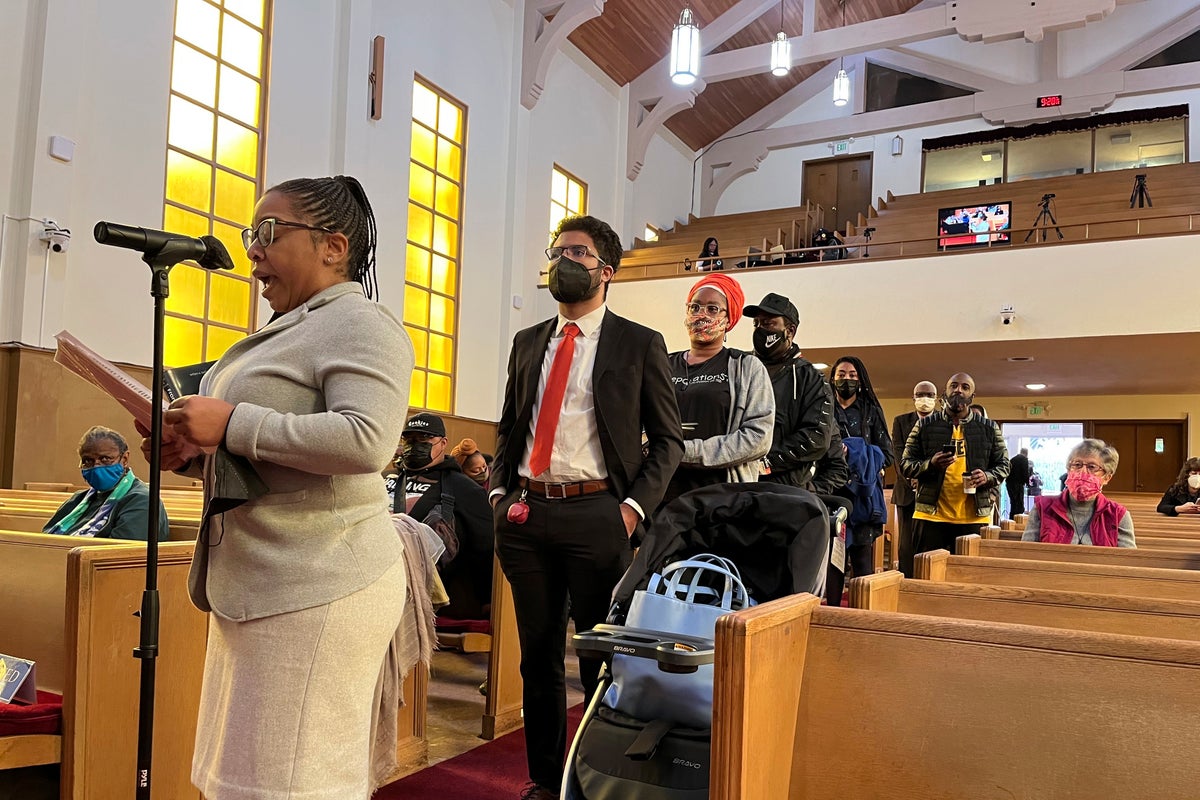
A reparations task force in California announced that descendants of slaves could receive more than $200,000 to compensate for the enduring impact of racism and slavery today.
The Telegraph reports that a nine-member panel created on the orders of California Governor Gavin Newsom examined the impacts of racism and slavery. According to the New York Times, which reviewed a report compiled by the group, the panel estimated that around $569bn should be given as compensation to around 2 million Black individuals living in the state as a result of housing discrimination that occurred between 1933 and 1977.
For comparison, California’s total spending on schools, hospitals, highways, policing and prisons was approximately $510bn.
The panel also focused on mass incarceration, devaluation of Black-owned businesses, unjust property seizures, and health care injustice in their examination.
With an estimate in hand, the panel is now considering how the reparations should be paid out.
Some of the members support direct cash payments without strings attached, while others recommended using the funds to pay for tuition and housing grants specifically, according to The Times. The group’s full report will be released next year.
The state made history in 2020 by becoming the first to pass a law developing a plan to compensate descendants of slavery.
“California has come to terms with many of its issues, but it has yet to come to terms with its role in slavery,” Shirley Weber, the Democratic assemblywoman who wrote the bill, said.
According to the panel, recipients of the reparations must have family who were enslaved African Americans or of a "free Black person living in the US prior to the end of the 19th century."
Despite being a state that did not support slavery, the panel estimated that at least 1,500 enslaved Black individuals lived in California in 1852. Their lives were made more difficult by the fact that members of the Ku Klux Klan were prominent in the state and held positions in state government and law enforcement.
The Times report found that the effects of slavery are still felt today; the median household income in the US for a Black family is $24,100, while that of a white family is $188,200, according to a Federal Reserve Board survey.
Though California is the first state to make a push for reparations, it’s not the first place in the US to make efforts for compensation.
Evanston, Illinois became the first city to offer reparations to Black residents last year. In that case, residents who can prove they are descendants of individuals who lived in the city and faced housing discrimination between 1919 and 1969 — or directly experienced such discrimination themselves — are eligible for $25,000 grants to go toward home repairs or a mortgage.







